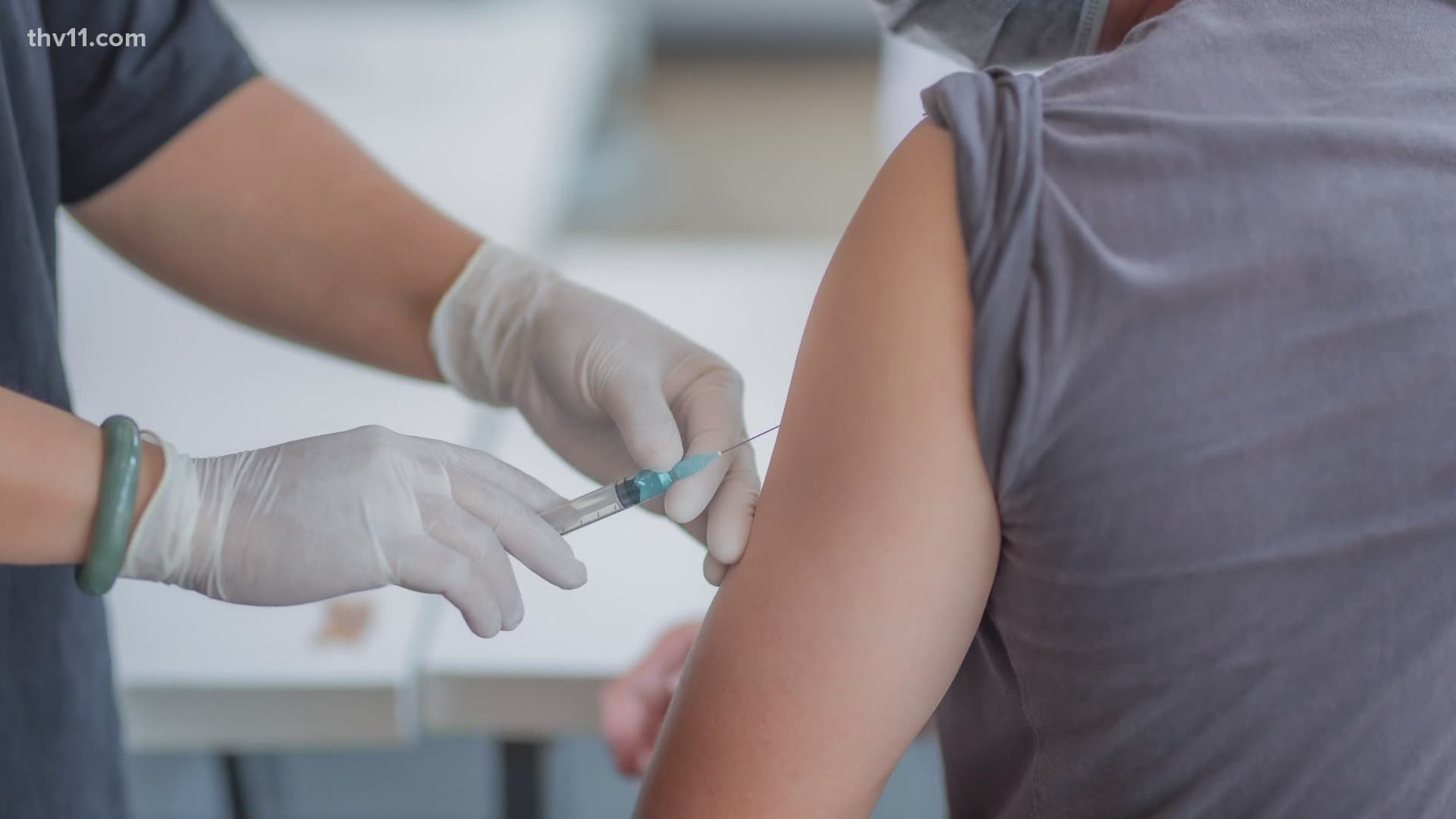LITTLE ROCK, Ark — The Centers for Disease Control and Prevention told health officials at the Arkansas Department of Health to start getting ready for a COVID-19 vaccine by November.
"So, we're at work, busy getting ready," Dr. Dillaha said.
Dr. Jennifer Dillaha and the rest of the team at ADH were told this at the beginning of August. Nine vaccines are in phase three trials, which is the last step before approval.
"So far, the safety profiles of these vaccines has been good, otherwise they would not move forward to phase three," Dr. Dillaha said.
Usually, when a vaccine is developed, it goes through Phase 1, 2, and 3 trials before it gets approved. Once approved, the manufacturer ramps up production to start making large numbers of doses, which is why it can take a while for a vaccine to become widely available.
With the COVID-19 vaccine, these manufacturers are already making mass amounts of doses for the public, despite still being in Phase 3 trials.
If they don't get approved, the vaccines will be thrown away.
"So, it's a very big risk the manufactures are making but the U.S. government and other non-profit are putting money behind it," Dr. Dillaha said.
This is the first time a vaccine is being produced before its approved, which is why doses will be so readily available once it does.
The health department has started a committee to work on logistics for what needs to be done in advance to prepare.
“There isn’t an approved vaccine right now, so we don’t know which vaccine we might be getting, it depends on what gets approved and when it’s available. So, that makes a difference in how we prepare. Some vaccines are frozen and others are refrigerated," Dr. Dillaha said.
The committee is also looking at who will receive the vaccine first.
"[We are] preparing to decide how we would allocate them in Arkansas in a way that’s fair and equitable and appropriate to whatever vaccine is approved and the populations that are going to be recommended to get them first," she said.
Once approved, Dr. Dillaha said the vaccine will be safe. She said even if it's only 50 percent effective, it could still be very helpful to people in keeping them out of the hospital and making the virus and their symptoms less severe— much like the flu shot.
“It’s going to be important for people to get real information that is accurate and that is going to be able to help them understand the risk and the benefits well enough to be able to make a realistic decision for themselves [once a vaccine is approved]," she said.
Dr. Dillaha said there is still a chance there will not be a vaccine by November, but the department will be ready either way.

